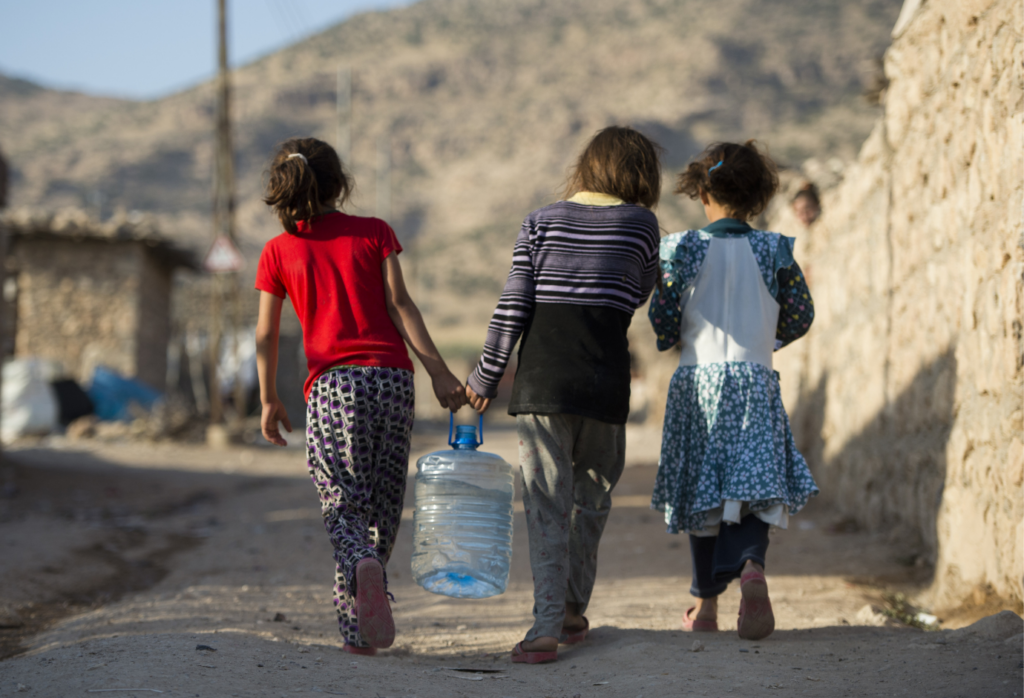The Iraqi parliament has passed a new law, giving religious authorities the power to legalise marriages of children as young as nine years old.
The amendment to the country’s Personal Status Law gives religious bodies the power to decide on family affairs, including marriage, divorce and the care of children, hence abolishing a former ban on the marriage of children under the age of 18 in place since the 1959.
Activists and women’s rights organisations have criticised the decision, saying it will “legalise child rape”.
Currently in Iraq, the minimum age of marriage is 18 — an age that was safeguarded by the Personal Status Law. Despite this, a 2023 UN survey found that 28 per cent of girls in Iraq were married before they turned 18.
According to UNICEF, child marriage is the formal or informal union of two persons where at least one of them is under 18 years old.
The changes passed in Iraq’s parliament on Tuesday will give clerics the power to rule according to their own interpretation of Islamic law. Under the Jaafari school of Islamic law, which is popular among Shia authorities in Iraq, some interpretations allow the marriage of girls in their early adolescence — as young as nine.
According to the conservative Shia lawmakers, the latest changes giving them new authority to rule over decisions regarding the age a person is permitted to marry is aligned with Islamic principles.
Under the new law, Shia Muslims will be allowed to marry off underaged girls as young as nine, while for Sunnis, the youngest age will be 15.
Reaction from opponents has been swift, with one lawyer telling The Guardian: “We have reached the end of women’s rights and the end of children’s rights in Iraq.”
Globally, child marriage is one of the most harrowing issues facing women and young girls. The Middle East and North Africa is home to the top five countries with the highest prevalence rates of child marriage — Sudan, Yemen, Iraq, Iran and Egypt.
According to the organisation, Girls Not Brides, child marriage is exacerbated by the lack of education given to young girls, poverty, religion and family honour, with some families believing that “girls ‘need to be taken care of’, and marry them in order to preserve their honour.”
“Some older generations reportedly believe that keeping an unmarried girl is comparable to ‘keeping a barrel of gunpowder at home’, suggesting that child marriage is used to prevent sexual relations outside marriage, perceived as ‘illicit’,” the organisation explained on their website.
A UNICEF report described child marriage as “forced marriage, since a child usually lacks the maturity and level of information necessary to make an informed choice.”
“Children also often accept to get married under pressure, including threat or actual use of force,” the report stated. “Child marriage is a violation of child’s basic rights, and abusive by nature. It limits a child’s opportunity to enjoy his/her childhood, continue his/her education and limits his/her opportunities in life.”



